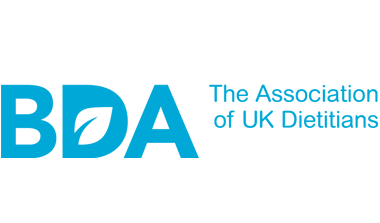BDA's Tips For A Sustainable Diet
Healthy Diet / ConservationEnvironmentally sustainable diets are a win-win for the planet and your health too.
We can reduce our carbon footprint and help our planet by:
- Reducing red meat and having some meat free days every week
- Eating more plant foods
- Reducing food waste
- Moderating higher fat dairy foods
Work through these tips then decide what action you’ll take
An environmentally sustainable diet does not have to include meat or mean going vegan – you don’t have to remove meat and dairy completely.
- Shift to more plant foods like beans, lentils, nuts and meat alternatives such as 'mycoprotein' in place of animal food
Moderating our dairy intake also helps the planet.
- Prioritise lower fat and sugar dairy options such as milk and yoghurt over ice cream and desserts
- If you have plant-based alternatives, make sure to opt for fortified options with added calcium and iodine
Eating high fibre grains is best for the environment - and your health – because they’re nutritious
- Opt for wholemeal breads, bulgar wheat and wholegrain versions of pasta and cereals
Aim for your 5-a-day but keep it sustainable.
- Choose local and seasonal produce
- Reduce fruit and veg that have been flown in or grown in greenhouses
- Avoid prepped and packaged fruit, veg and salads
- Remember tinned and frozen count too
Overall food intake in the UK is too high, especially high calorie foods like biscuits, crisps, chocolate and takeaways which are less nutritious.
- Watch your portions and snacks to protect the planet – and your health too
Soft drinks and fruit juice are the third biggest contributor of dietary greenhouse gas emissions. Tap water remains our most sustainable source of hydration.
- Use refillable bottles
Wasted food and drink is harmful to the environment because of all the land, water and energy used in its production.
- 70% of food is wasted in the home so there is plenty we can do to control this






































































